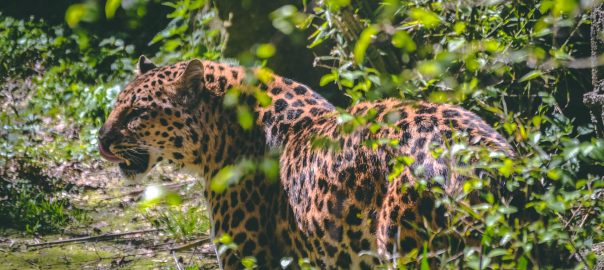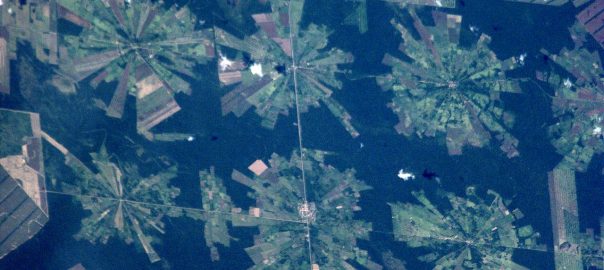“The health of ecosystems on which we and all other species depend is deteriorating more rapidly than ever. We are eroding the very foundations of our economies, livelihoods, food security, health and quality of life worldwide,” Robert Watson, Chair of the IPBES
There is dire need to prevent the planet’s numerous flora and fauna from going extinct, including the many species that humans depend on for survival.
A recent report on the state of biodiversity from the Intergovernmental Science-Policy Platform on Biodiversity and Ecosystem Services (IPBES) makes clear that nothing less than transformation must happen for humans continues to live on this planet much longer.
Known long before the advent of science, the fate of the human species interconnects with its neighbouring species on the tree of life.
Species’ future existence affects and in many ways determines our own. As humans, the most dominant species on Earth, we fancy ourselves as makers of our own destiny, but time to conserve our biotic lifeline is running out.
Plants provide the air we breathe and the nutrients we consume for survival. They capture and store the solar energy that our bodies cannot absorb directly. Insects in turn pollinate that plants that we eat. Similarly, the animals of the land and the sea that we use as a food source, if they were to come under threat, would place our own species in quite a precarious position. Continue reading A species that destroys biodiversity destroys itself →

